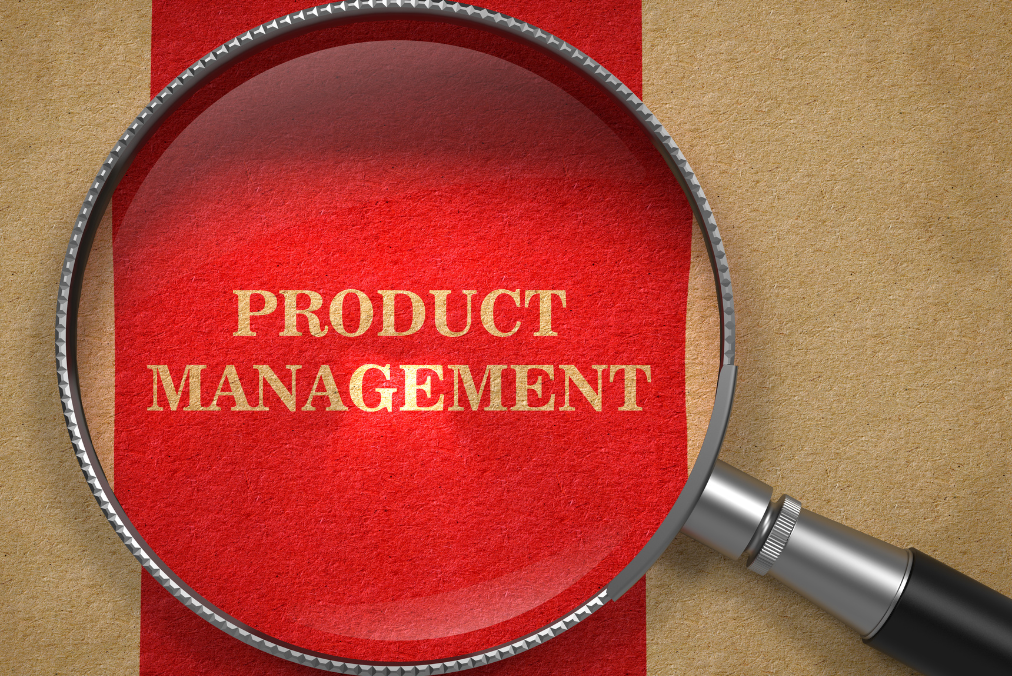Early-stage startups face a myriad of challenges on their journey towards success. Among these challenges, effective product management is paramount. In this essay, we will delve into essential product management strategies tailored for early-stage startups, acknowledging that these strategies play a crucial role in shaping the trajectory of a startup’s growth.
1. Customer-Centric Approach
At the heart of every successful startup is a deep understanding of its target audience. A customer-centric approach is pivotal.

Start by identifying your target customers’ needs and pain points. Building a product that directly addresses these issues ensures that your solution has a market fit from the outset.
2. Start with a Minimum Viable Product (MVP)
Resource constraints are common in early-stage startups. To navigate these challenges effectively, it’s advisable to begin with a Minimum Viable Product (MVP). An MVP is the simplest version of your product that delivers value to users. It serves as a practical starting point, enabling you to validate your idea, gather user feedback, and iterate rapidly.
3. Iterate and Learn
The ability to adapt and evolve is a hallmark of successful product management. Early-stage startups should embrace a culture of continuous learning and iteration. User feedback, especially from early adopters, is invaluable. It provides insights into what works and what doesn’t, guiding product improvements and enhancements.
4. Prioritize Features
Feature prioritization is a critical decision that affects the development process. Focus on core features aligned with your product’s value proposition. Avoid feature bloat, which can complicate the product, extend development timelines, and distract from the main objectives.
5. Set Clear Goals
Success without defined goals is elusive. Set clear, measurable goals and establish key performance indicators (KPIs) to track progress. These goals act as a compass, guiding the team’s efforts and ensuring alignment with the overall product vision.
6. Build a Cross-Functional Team
In the early stages, assembling a versatile team is essential. A cross-functional team brings together diverse skills, including developers, designers, marketers, and product managers. Collaboration within this team is crucial for effectively translating ideas into a tangible product.
7. Effective Communication

Transparent and effective communication within the team is fundamental to success. Ensure that everyone understands the product vision and their roles in achieving it. Regular team meetings, updates, and feedback sessions foster a cohesive working environment.
8. Market Research
The startup landscape is dynamic. Continuous market research is essential to remain competitive and relevant. Keep a watchful eye on competitors, emerging trends, and shifts in consumer behavior. Staying informed equips your startup to adapt to changing market dynamics effectively.
9. Test and Validate
Assumptions, no matter how well-founded, should be validated through testing. A/B testing and user testing are invaluable tools for gathering data-driven insights. These practices help in fine-tuning the product and ensuring that it resonates with users.
10. Scalability
While focusing on the immediate needs of your product, it’s vital to consider scalability from the beginning. Ensure that your product infrastructure and architecture can accommodate increased user demand as your startup grows.
In conclusion, effective product management is the cornerstone of early-stage startup success. These strategies, ranging from a customer-centric approach and MVP development to clear goal setting and effective communication, provide a roadmap for startups to navigate the complex landscape of product development. However, it’s important to remember that every startup is unique, and adaptability remains a key attribute for product managers in this dynamic environment. By embracing these strategies and staying persistent, early-stage startups can pave the way for long-term growth and success.

